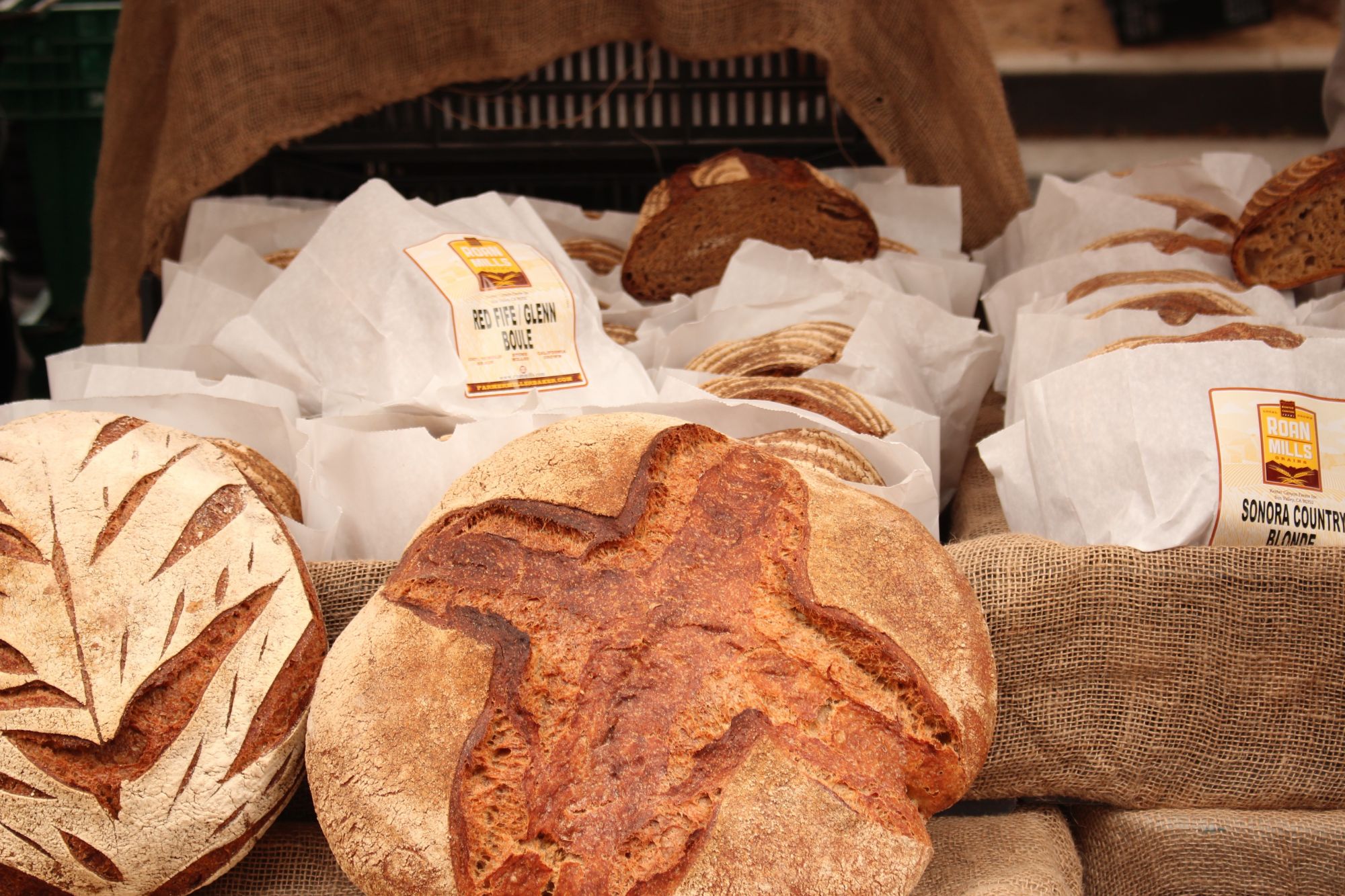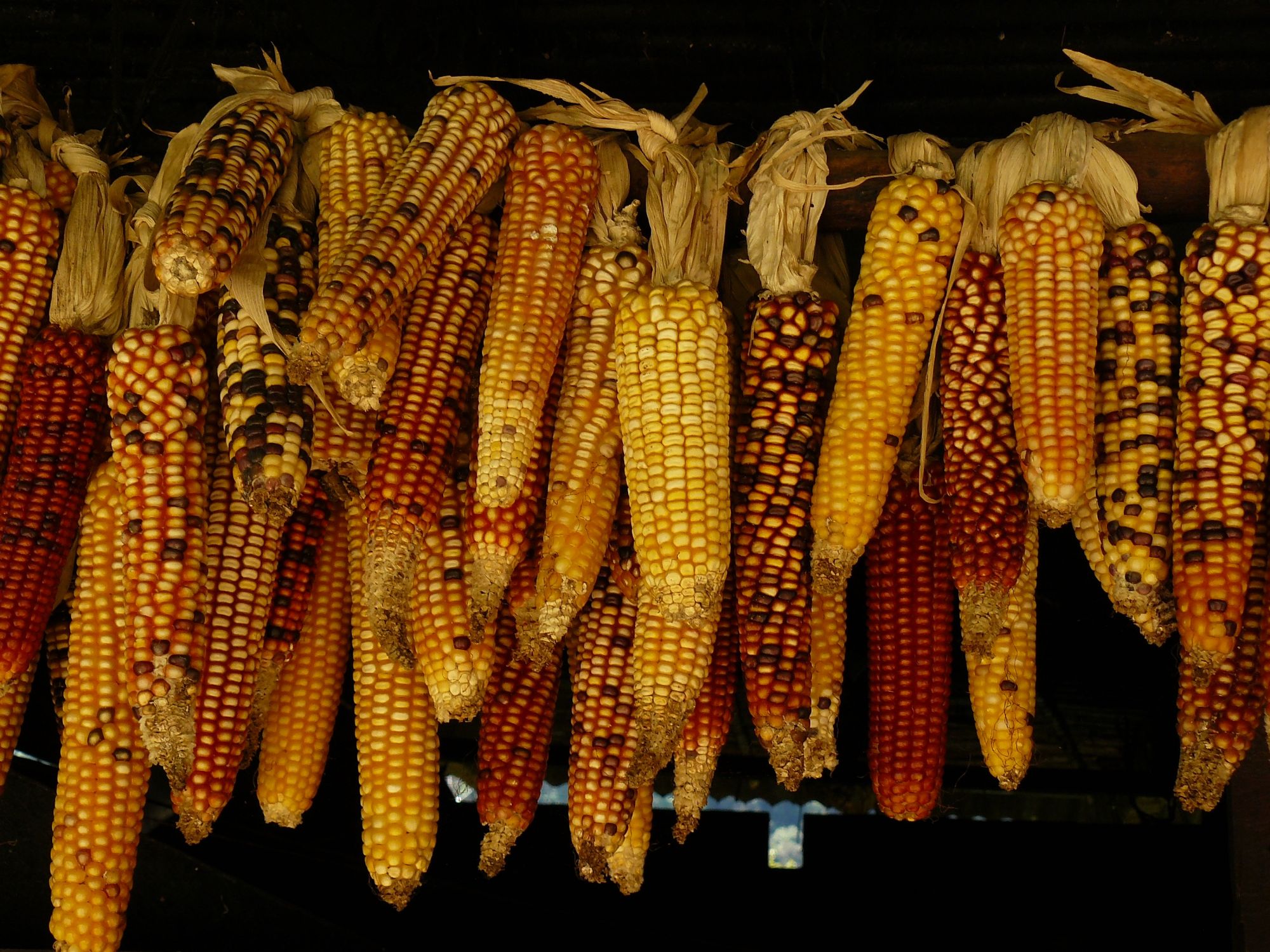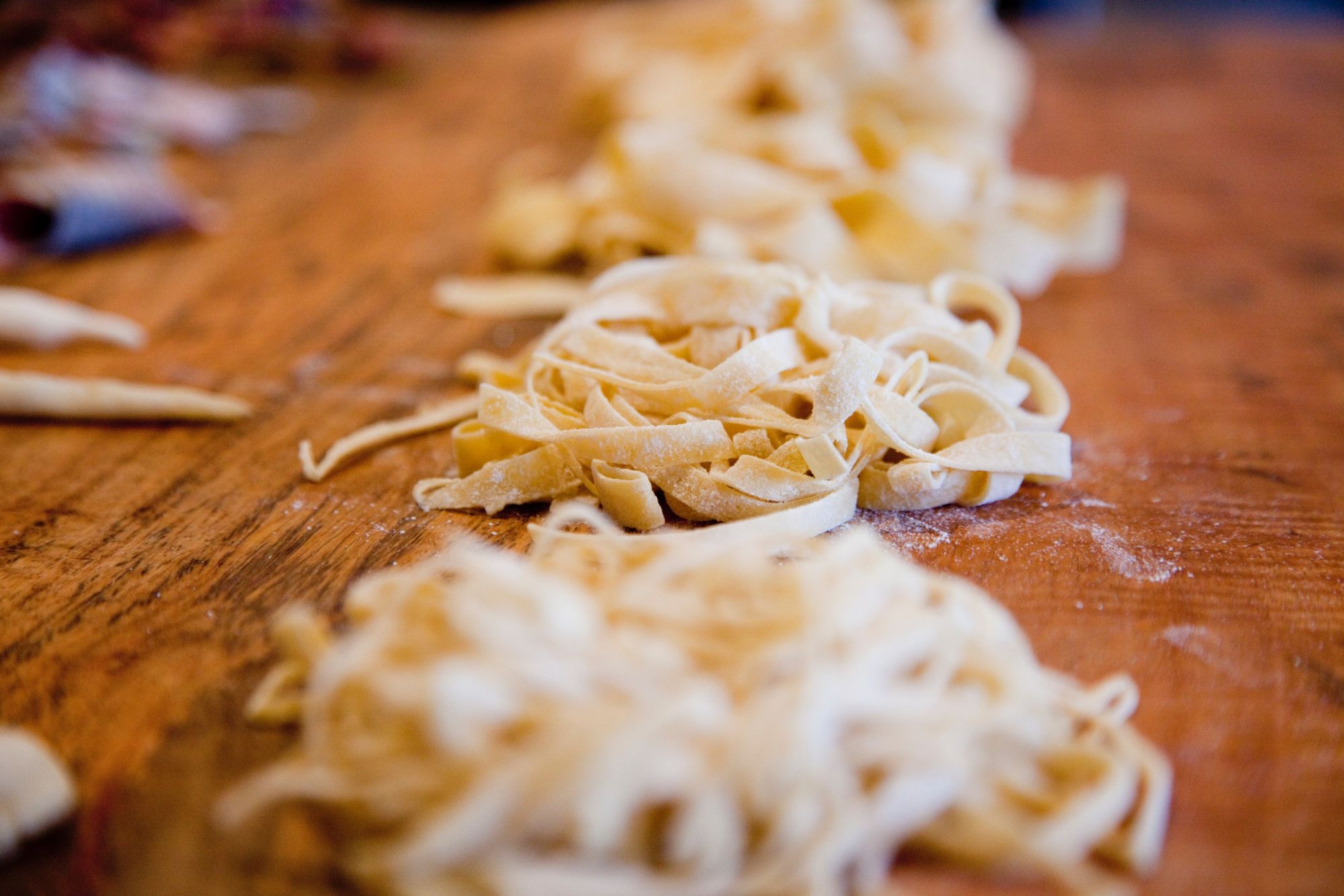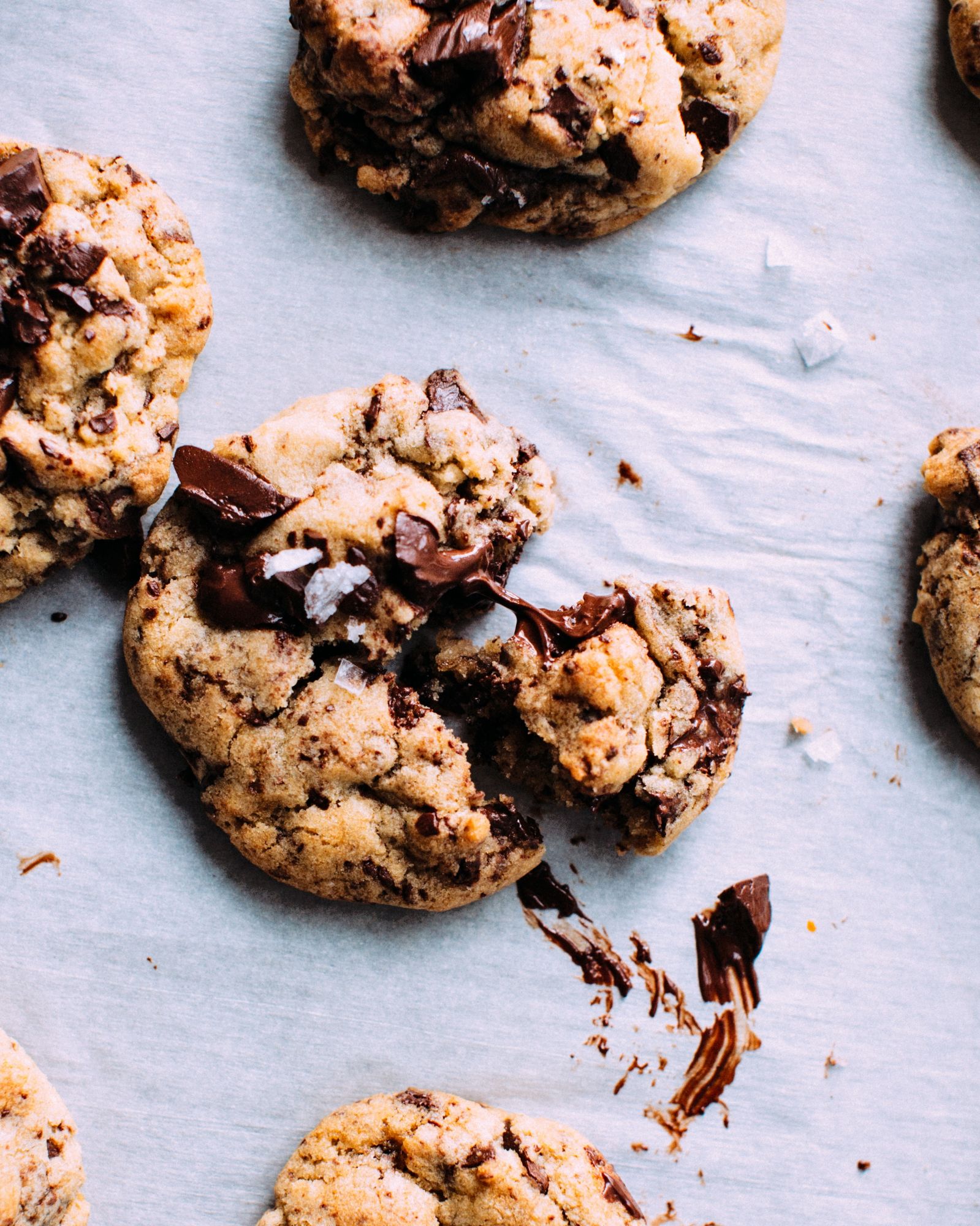Registered dietitian Sally Shi-Po Poon answers five crucial questions about going gluten-free
Gluten-free diets have gained considerable popularity in the past decade, with many celebrities and athletes praising it as an effective way to achieve better health, weight control and athletic performance. But there's a lack of scientific evidence to support these claims. In fact, there are studies that suggest avoiding gluten may not even be that good for you. Read on to find out the facts.

What exactly is gluten?
Gluten is a protein found in wheat, barley, rye, malt, and oats (unless they are labelled gluten-free). These ingredients are commonly found in bread products, pasta, breakfast cereals, cakes, cookies, batter-fried foods, beer and ale.
There are a number of gluten-free grains and plant foods that are suitable for those on a gluten-free diet. They include amaranth, arrowroot, buckwheat, cassava, corn, flax, legumes, millet, nuts, oats labelled gluten-free, potato, quinoa, rice, sago, seeds, sorghum, soy, tapioca, and teff.



